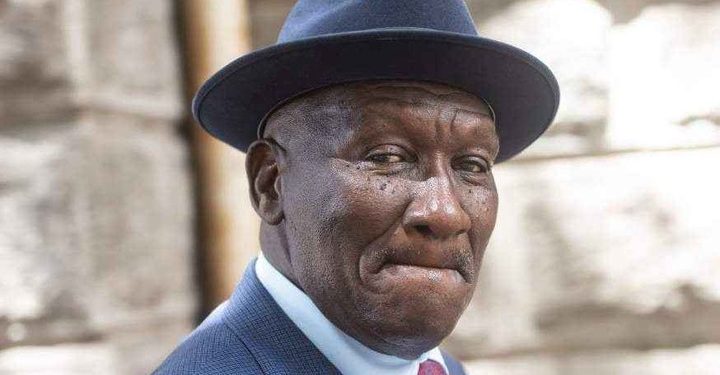South Africa’s Minister of Police, Bheki Cele, has once again come under sharp criticism after failing to appear before Parliament to address pressing questions surrounding the country’s escalating police crisis. The incident unfolded when an ad hoc committee, established to investigate challenges within the South African Police Service (SAPS), demanded clarity from Cele on the state of policing, only for the minister to be absent.
Parliamentarians expressed frustration at Cele’s no-show, stressing that his absence reflects a lack of accountability in a time when South Africans are losing faith in the police force. The ad hoc committee, made up of members from different political parties, was tasked with scrutinizing issues such as underfunding, police corruption, inadequate training, and the alarming crime statistics that continue to rise in many communities.
Opposition members were quick to slam Cele, accusing him of undermining Parliament’s oversight role. Some MPs argued that his failure to appear demonstrates the government’s unwillingness to confront the deep-rooted problems plaguing the SAPS. Others called for stronger action to ensure the minister is held accountable and compelled to provide answers on how his department intends to restore public trust in policing.
Civil society groups have also weighed in, criticizing Cele for seemingly avoiding responsibility at a critical time. Many argue that the police crisis is not only a matter of institutional weakness but also a question of leadership. With violent crimes such as murder, gender-based violence, and armed robberies soaring, citizens have repeatedly raised concerns that the SAPS is losing its grip on law and order.
Cele’s absence has intensified debates about whether he still has the credibility to lead the police ministry. Some analysts point out that the minister has often been at the center of controversies, including disagreements with police management and accusations of politicizing crime-fighting strategies. The latest parliamentary snub, they say, could further dent his already shaky public image.
The ad hoc committee has indicated it will push for Cele to appear at the next sitting, warning that his continued absence will not be tolerated. For many South Africans, however, the incident serves as yet another reminder of the leadership crisis within the country’s law enforcement structures.
As crime rates rise and trust in policing diminishes, citizens are left asking whether the SAPS can be reformed under Cele’s leadership—or whether fresh leadership is urgently needed to confront South Africa’s policing crisis head-on.






















